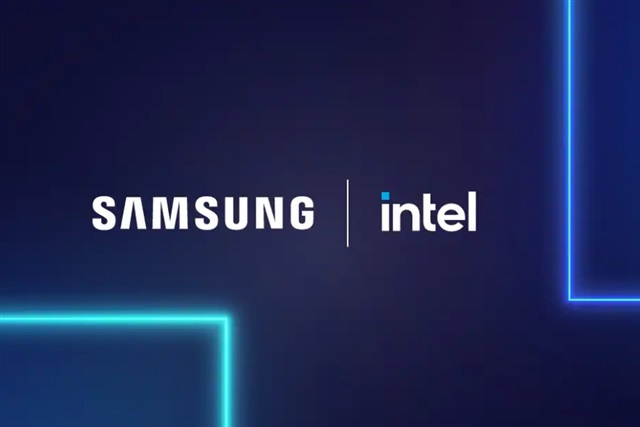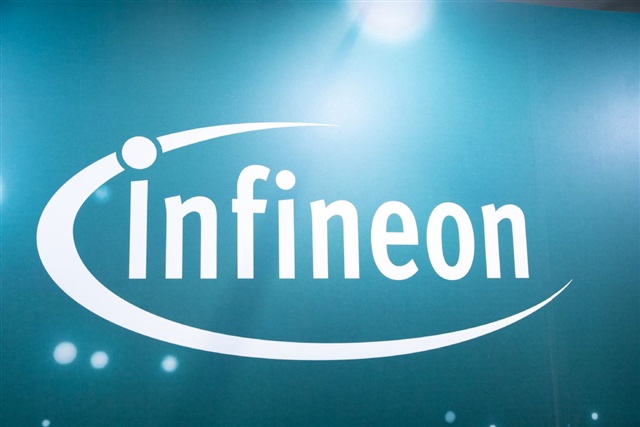Renesas Electronics Corp. has launched a new automotive Intelligent Power Device (IPD) that will safely and flexibly control power distribution within vehicles, addressing the requirements of next-generation E/E (electrical/electronic) architectures.
The new RAJ2810024H12HPD is available in the small TO-252-7 package and reduces the mounting area by about 40% compared to the conventional TO-263 package product. In addition, the advanced current detection function of the new device allows highly accurate detection of abnormal currents such as overcurrent.
Since the new IPD detects abnormal currents even at low loads, it allows engineers to design highly safe and precise power control systems that can detect even the smallest abnormalities.
The new IPD was developed to address the growing requirements as E/E architectures continue to evolve. In a conventional distributed E/E architecture, power supply from the battery is distributed to each Electronic Control Unit (ECU) via long, thick wires from a power box consisting of mechanical relays and fuses. IPDs have a longer life and are maintenance-free compared to mechanical relays, so they can be placed anywhere in the vehicle.
As the automotive industry moves toward centralized or zone-oriented E/E architectures, IPDs are becoming an ideal choice for building efficient and flexible power supply networks since they use shorter, thinner wires. Renesas’ IPD in particular provides a more efficient, safer and smaller solution for power distribution control.
Source:EE Times

Stay up to date with the latest in industry offers by subscribing us. Our newsletter is your key to receiving expert tips.

Samsung is reportedly evaluating a potential European semiconductor expansion alongside its South Korea and US manufacturing base, as the region tightens local production requirements and Germany seek

Given frequent price increases across precious metals, wafer foundry services, and packaging and testing, Infineon's announcement of price increases is very telling for the market. The company wil

Nvidia has recently signaled to Samsung Electronics that it hopes to secure early deliveries of sixth-generation high-bandwidth memory, known as HBM4. At the same time, as memory makers devote an incr